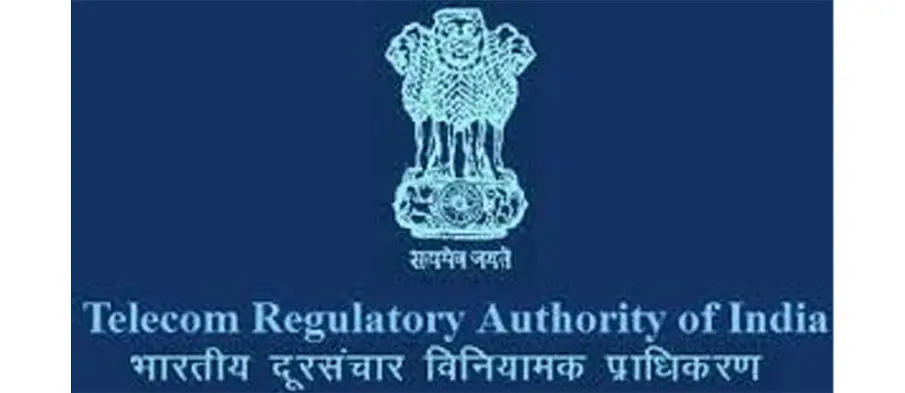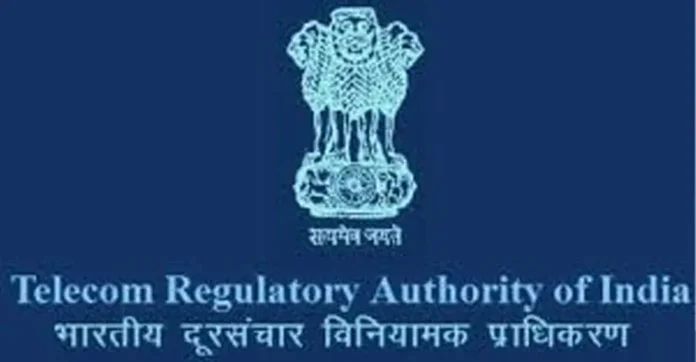
NEW DELHI: The Telecom Regulatory Authority of India (TRAI) has reportedly denied the Cellular Operators Association of India’s (COAI) plea to revisit its recommendations on the allocation and pricing of satellite communication (satcom) spectrum.
According to a report by PTI citing official sources, TRAI has informed stakeholders that its recommendations were made after a comprehensive and transparent consultation process, in which all concerned parties had the opportunity to express their views and concerns.
This development comes amid ongoing friction between traditional telecom operators and the satellite communication sector over spectrum pricing norms. Earlier this month, several telecom service providers expressed sharp criticism of TRAI’s proposal to charge satellite spectrum at 4% of adjusted gross revenue (AGR), calling it “unjustifiably low” and based on “flawed assumptions.”
COAI Flags Competitive Concerns
The COAI—which represents major telecom operators including Bharti Airtel, Reliance Jio, and Vodafone Idea—recently wrote to Department of Telecommunications (DoT) Secretary Neeraj Mittal. In its letter, the association raised concerns that the existing recommendations fail to establish a level playing field between satellite operators and traditional telecom providers.
The telcos argue that the low spectrum fee proposed for satellite operators gives them a regulatory advantage, potentially undermining the commercial viability of terrestrial services that already face high operational and spectrum costs.
Satcom Operators Defend TRAI’s Position
Contrary to the telcos’ stance, satellite service providers have welcomed TRAI’s pricing model, viewing it as an attempt to bring parity between satcom and terrestrial broadband services. They point to the unique technological advantages that satellites offer—such as broader coverage and lower latency in remote areas—and argue that a differentiated pricing strategy is essential to encourage competition and expand digital access in underserved regions.
Reports by The Economic Times indicate that satellite companies see the regulator’s approach as a step toward equitable market dynamics, especially in rural and remote zones where terrestrial infrastructure is limited.
What Lies Ahead
The face-off between terrestrial telecom giants and satellite service providers underscores the growing tension over spectrum policy, particularly as both sectors vie for dominance in the next phase of digital connectivity.
While TRAI has held firm on its stance, the final decision on implementing the spectrum pricing and allocation norms lies with the Department of Telecommunications and the central government.
As India prepares to scale up satellite internet services amid growing demand for high-speed, last-mile connectivity, the outcome of this policy debate will likely have far-reaching implications for the future of broadband access and telecom economics in the country.





